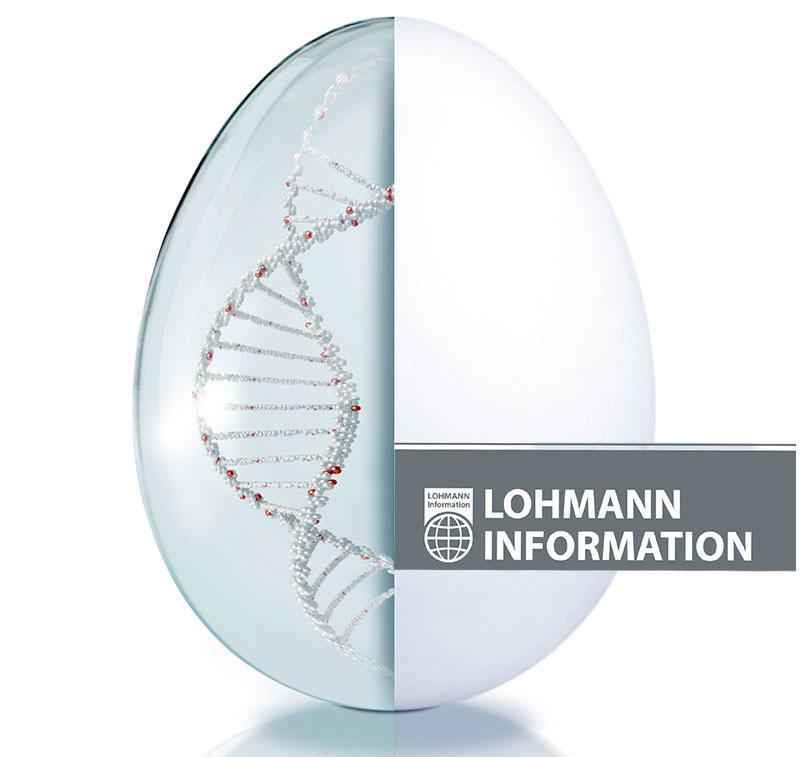This website uses cookies to improve your experience. We'll assume you're ok with this, but you can opt-out if you wish. Read More

Summary In commercially kept poultry, mutilations are applied to prevent behaviour of individuals which may become harmful for group members.…

Introduction The goal of the poultry breeding industry is the production of healthy chicks, which will be viable from both…

Introduction For the Commission of the European Communities the protection of human health against diseases and infections transmissible directly or…

Summary Acidification of drinking water and feed has been used for years in poultry to control Salmonella. For drinking water…

Summary The production of edible protein of animal origin is the primary objective of livestock husbandry. The protein intake of…
Y entérese de todas las novedades del sector.